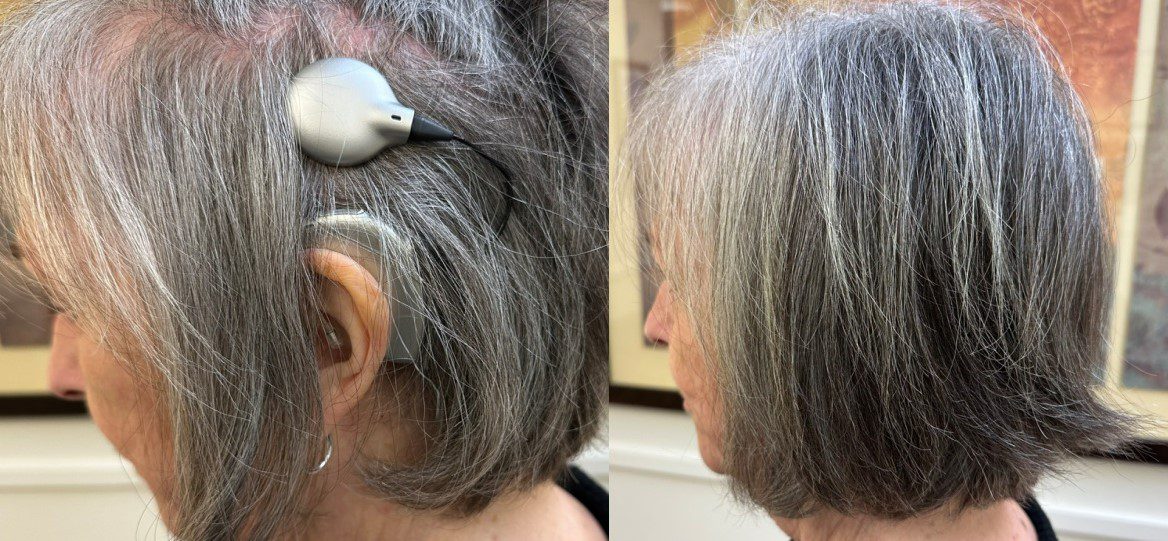It’s Not ALL Bad
My first reaction to the unpleasant results of my first serious hearing


My first reaction to the unpleasant results of my first serious hearing

I took a walk in our back yard with my husband yesterday and realized that

We all know the feeling…..the combination of excitement about the